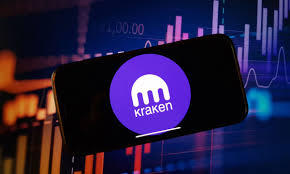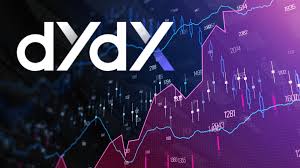Hook: Kraken, one of the biggest names in cryptocurrency, is shutting down its NFT marketplace after just over a year. This move has big implications, not just for the NFT market, but for how the industry is evolving. Here’s why it’s important for you to understand what’s happening and how it affects the future of digital assets like NFTs.
What Happened?
Starting on November 27, Kraken, a major cryptocurrency exchange, will be moving its NFT marketplace to “withdrawal-only mode.” This means that users can still pull out their NFTs, but no new trades or listings will be allowed. After three months, the marketplace will completely close down.
The reason for shutting it down? Kraken says it wants to shift its focus and resources to new products and services that are still under wraps. While the marketplace initially seemed promising, the company decided to redirect its efforts due to the market conditions.
Why is This Important?
- NFT Market Downturn: The NFT market has been struggling lately. Trading volumes, which were once in the billions, have dropped significantly. For example, in August 2024, NFT trading volume hit a low of $471 million, down 16% from the previous month. Compare this to $3.9 billion traded in the first quarter of 2024, down from $12.6 billion in 2022. This shows that NFT trading isn’t as hot as it was a couple of years ago, and companies like Kraken are adjusting accordingly.
- Competition and Market Conditions: Kraken’s NFT marketplace also faced stiff competition from established platforms like OpenSea and Blur. These platforms have become the go-to places for NFT trading, making it hard for newer markets like Kraken’s to stand out.
- Legal Risks: Another factor that may have influenced Kraken’s decision is the increasing scrutiny from regulators, particularly the U.S. Securities and Exchange Commission (SEC). The SEC has been investigating the NFT sector, with some tokens being treated as potential securities. Kraken itself is already in a legal battle regarding whether some of the crypto tokens traded on its platform should be regulated as securities. These legal uncertainties can make operating an NFT marketplace more challenging.
Key Takeaways and Why You Should Care
- The NFT market is evolving: The closure of Kraken’s marketplace highlights how volatile the NFT sector is. While NFTs were once the next big thing in digital art and collectibles, the market has cooled down. Understanding why this is happening—whether it’s market fatigue, regulatory pressure, or competition—is important for anyone involved in crypto or NFTs.
- Adaptability in business is key: Kraken’s move shows how companies need to adapt to changing market conditions. They’re shifting focus to new projects, which means there are always emerging opportunities in the crypto space. For anyone looking to build knowledge and stay ahead in crypto, it’s essential to learn about these shifts and why certain platforms succeed while others fail.
- Regulatory pressure is real: Legal issues, especially in the U.S., are starting to have an impact on crypto platforms. Understanding these regulations, like the SEC’s stance on NFTs, is crucial. This could affect how NFTs and other crypto assets are traded in the future, so staying informed on legal developments is essential if you’re looking to get involved in the market.
By understanding the broader context of this news, you can better grasp how the NFT market fits into the larger cryptocurrency world. Whether you’re a collector, investor, or just someone curious about crypto, these shifts in the market can help you make more informed decisions. Stay updated, keep learning, and you’ll be ahead of the curve in this rapidly evolving space.



